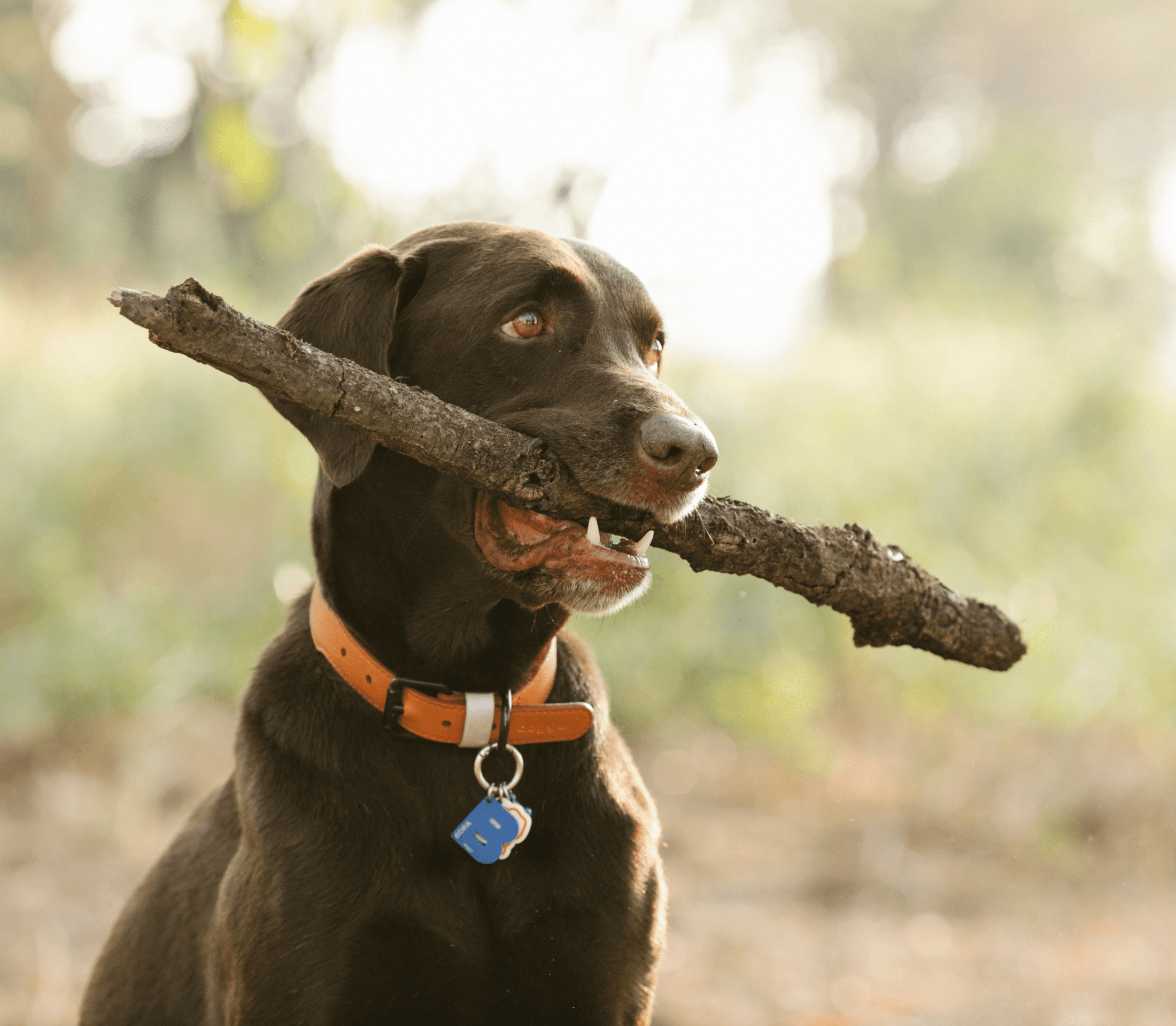Signs of Allergies in Dogs
Did you know that dogs can develop allergies, just like people can? Fido can be allergic to a wide variety of substances, including mold, pollen, leaves, dust, and plants; strong fumes; certain materials; or even ingredients in his doggy food or shampoo. However, your canine buddy can’t tell you if he is having an allergic reaction, so it’s up to you to watch for symptoms. Read on as a Washington, DC vet lists some common signs of allergies in dogs.
Respiratory Reactions
Coughing, sneezing, wheezing, and snoring can all be signs of allergic reactions. These things are no more fun for Fido than they are for us!
Ear Infections
Does your pooch have stubborn ear problems that go away during treatment, only to come right back when treatment stops? Allergies may be the culprit!
Skin Problems
Allergies can cause a variety of skin and coat issues, including hot spots; crustiness; scaling; rashes; and red, flaky skin. Itchiness is also a warning sign. Fido may lick or chew himself, paw at his face or head, or rub his head against things (including you) to try and get at that stubborn itch.
Tummy Upsets
The occasional round of vomiting or diarrhea is not uncommon with our canine pals. However, if your pup seems to have frequent digestive issues—including flatulence—allergies could be the cause. It’s also important to note that vomiting and diarrhea can be indicative of many different medical issues in pets. Call your vet immediately if Fido is having trouble digesting his food.
Red, Runny Eyes
If your four-legged buddy’s eyes look bloodshot or watery, he may have allergies. (Note: little dogs also often get dust in their eyes, which can cause heavy tearing even if Fido isn’t allergic.)
Other Symptoms
While fortunately, more serious reactions are rare, they do happen. These more serious reactions include fainting, swelling, seizures, coma, or even death.
Tips
Allergies cannot be cured, but they can be treated. If you think your furry friend may be suffering from allergies, consult your vet right away. Fido will need some tests done to determine exactly what he is reacting to. Once the culprit has been identified, you and your vet will be able to discuss specific treatment and home care options.
Please contact us, your Washington, DC veterinary hospital, for all your dog’s veterinary care needs. We are here to help!



